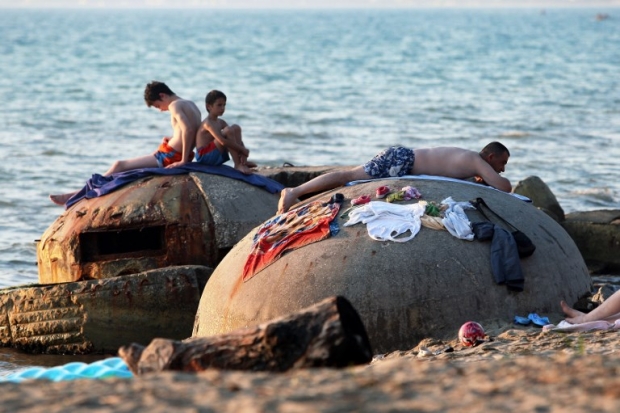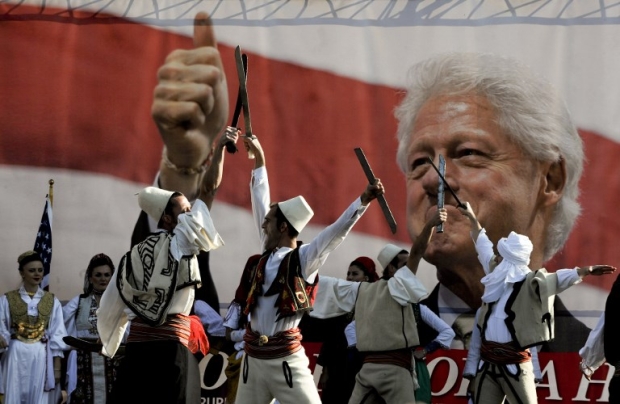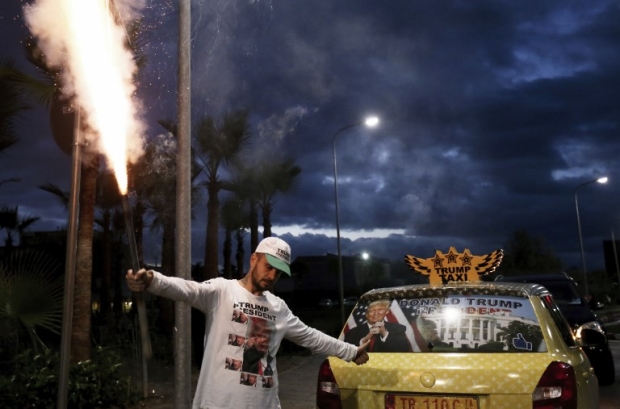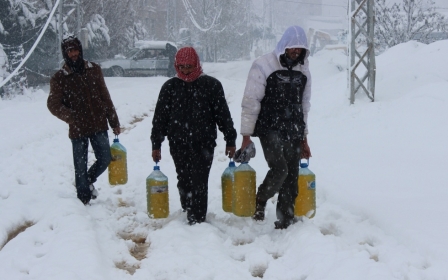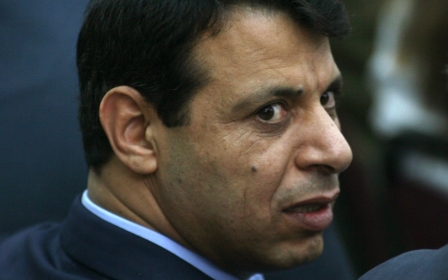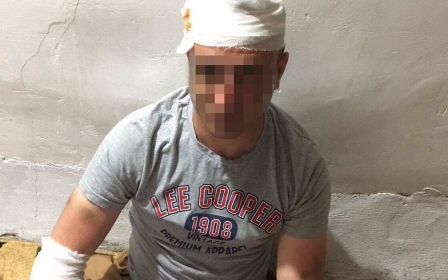Does Albania have an America problem?
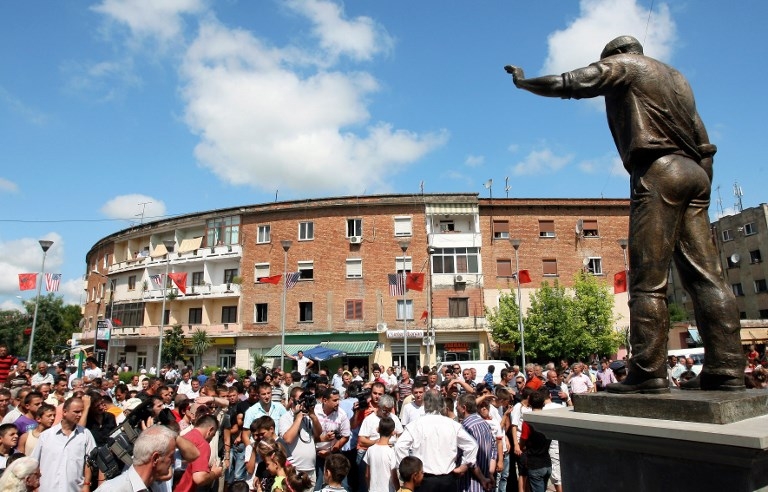
Among the more eccentric features of the Albanian landscape these days are an estimated 700,000 concrete bunkers scattered throughout the country’s farms, mountains, beaches, and city centres - an enduring testament to Albania’s Cold War history of self-imposed isolation under Stalinist ruler Enver Hoxha, who in addition to detecting ubiquitous enemies also banned religion and private cars.
Albania is the only country out of the 60-plus I have visited where my admission to being American has elicited the word 'fantastic' in response
After the fall of communism in the early 90s, certain of Albania’s international enemies were quickly rehabilitated - hence the current existence of a George W Bush Street in the capital of Tirana, a George W Bush statue in the village of Fushe-Kruje, and a (perhaps prematurely erected) Hillary Clinton statue in Sarande.
In his book Modern Albania: From Dictatorship to Democracy in Europe, Fred Abrahams, a special adviser at Human Rights Watch, describes the scene awaiting the convoy of visiting US Secretary of State James Baker in 1991: “[A]n ecstatic mob engulfed the cars, hoping to glimpse the guest from the West. Men threw flowers, kissed the windshields, and tried to carry Baker’s limousine into town.”
Similar enthusiasm was on display for the visit to the Muslim-majority nation of the aforementioned Bush in 2007, when, as Abrahams notes, the Albanian post office also “issued a set of commemorative stamps”.
Of course, the US has got more than just a stamp collection out of the arrangement. International affection is, after all, meaningless unless it can be exploited for politico-economic gain.
Quid pro quo
For starters, as part of its newfound 90s alliance, the Albanian government not only demonstrated considerable hospitality vis-a-vis US drones before the era of drone obsession had even commenced but also participated in US extraordinary rendition schemes before renditions were really A Thing.
Rendition became even more exciting following the launch of the war on terror - a bandwagon onto which Albania leapt and rode as far as Iraq and Afghanistan
Of course, rendition became even more exciting following the launch of the war on terror - a bandwagon onto which Albania leapt and rode as far as Iraq and Afghanistan.
On one occasion in 2004, a German citizen of Lebanese descent, Khaled el-Masri, was flown to Albania when the CIA apparently didn’t know what else to do with him after having wrongfully abducted him from Macedonia to Afghanistan. During his intercontinental trajectory, el-Masri was “sodomised” and otherwise subjected to “torture” by CIA agents, according to a ruling by the European Court of Human Rights.
Albania has also been referred to as a “dumping ground” for victims released from America’s favourite offshore penal colony, Guantanamo Bay.
As for global combat zones more proximate to Albania, we mustn’t forget a certain military campaign of 1998-99 that later enabled Telegraph headlines like this one: “Bill Clinton unveils statue of himself in Kosovo.”
Even the New York Times’ Thomas Friedman, who had advocated the US “pulverising” Serbia back to the year 1389, backtracked months later to hint that the war chronology might not have been exactly as advertised by the US & Co: “NATO bombed, and Mr Milosevic began ruthlessly killing and evicting Kosovar Albanians.”
Among NATO’s impressive wartime feats, incidentally, was the accidental bombing of Hoxha-era bunkers inside Albania, which were apparently mistaken for Serb positions.
How can a country that so often bombs civilians to smithereens preach moderation? The only plausible answer: superpowers are immune to logic - but not, as it turns out, to blowback
In his Modern Albania, Abrahams discusses Washington’s use over the years of the Balkan territory to “house spy planes, to base troops, and to exert a moderate influence on ethnic Albanians in neighbouring Kosovo and Macedonia”.
Which brings us to the perennial question of how a country that so often bombs civilians to smithereens can preach moderation. The only plausible answer, it seems, is that superpowers are immune to logic - but not, as it turns out, to blowback.
Diversion tactic
Now, in an age in which the US is conveniently both fuelling and fighting terror, a programme by the name of Countering Violent Extremism (CVE) is being forced down the world’s throat as a means of distracting from the fact that much of what the US itself does is extremely violent.
Unveiled during the rule of Barack Obama, the upshot of CVE is that Muslims are susceptible to radicalisation for reasons having nothing to do either with US wars on them or with other related activities such as the annual US inundation of Israel with billions of dollars to make Palestinian life a living hell.
Albania, naturally, has not been spared the CVE epidemic; last October, the Organisation for Security and Cooperation in Europe (OSCE) helped stage a conference on the subject in the city of Elbasan.
The following month, Albanian police claimed to have thwarted an Islamic State (IS) attack on Israel’s national football team, in Albania for a World Cup qualifying match. The mastermind was said to be Kosovo native Lavdrim Muhaxheri, described in The Independent as “the self-proclaimed ‘commander of Albanians in Syria and Iraq’”, who was then killed this June in a US coalition air strike on Syria - an event the coalition finally confirmed in August.
Earlier this year, meanwhile, reports surfaced that Albania would be redeploying troops to Iraq to assist in the fight against IS - thereby participating in yet more global non-solutions Made in USA.
The world's destiny
But what, in the end, is the point of examining the intersections between US foreign policy and an obscure nation generally regarded as irrelevant to world affairs?
The goal is certainly not to augment sensational coverage of the Balkans as a dangerously overlooked “hotbed” of Islamic radicalism - the terror hub on our doorstep, as it were - or to suggest that Albanian history pre-US-love-affair has no bearing on present dynamics and that everything is perfectly black and white.
Rather, the point is to draw attention to the destructive ways in which power reverberates across the earth - where, it bears emphasising, the vast majority of countries happen to be in the same boat as Albania in terms of perceived earthly irrelevance.
Unfortunately, destiny has now entailed the bestowal of honorary citizenship on none other than Donald Trump by the mayor of a town outside Tirana. Let’s just hope there’s enough space for all of us in those bunkers.
- Belen Fernandez is the author of The Imperial Messenger: Thomas Friedman at Work, published by Verso. She is a contributing editor at Jacobin magazine.
The views expressed in this article belong to the author and do not necessarily reflect the editorial policy of Middle East Eye.
Photo: Albanians look at a statue of former US president George W Bush unveiled in downtown Fushe-Kruje (AFP)
Middle East Eye propose une couverture et une analyse indépendantes et incomparables du Moyen-Orient, de l’Afrique du Nord et d’autres régions du monde. Pour en savoir plus sur la reprise de ce contenu et les frais qui s’appliquent, veuillez remplir ce formulaire [en anglais]. Pour en savoir plus sur MEE, cliquez ici [en anglais].



